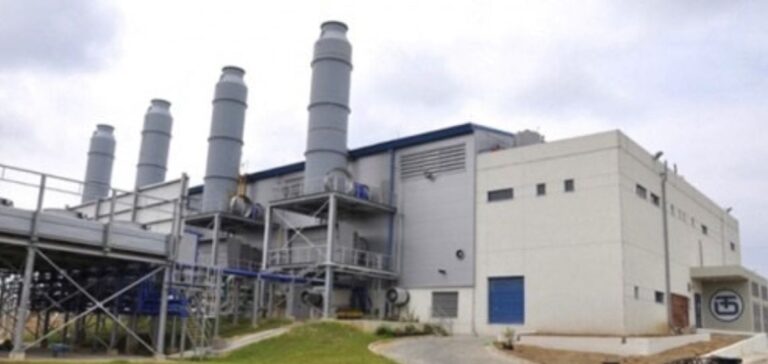The President of Gabon, Brice Oligui Nguema, has placed Société d’Énergie et d’Eau du Gabon (SEEG) under provisional administration in response to a series of critical malfunctions.
The decision was prompted by frequent interruptions to the electricity supply, amplified by internal and external financial disputes.
The government’s aim is to quickly take over management to stabilize the company.
The intervention follows the revelation of structural problems, including a significant backlog of payments to Aggreko, a British energy services provider.
Aggreko, demanding 15 billion CFA francs, threatened to suspend operations, exacerbating an already tense situation.
The consequences are being felt on the ground, with repeated load shedding in the capital, Libreville, disrupting the daily lives of users and economic activities.
Corrective measures and security
The provisional administration is accompanied by a series of corrective measures.
The government has announced the digitization of SEEG’s internal systems, aimed at securing transactions and preventing financial embezzlement.
A system for recharging individual meters, subject to significant fraud, will be completely overhauled.
The government is also introducing a specialized anti-fraud department, under the direct supervision of CTRI, to enhance transparency.
The recently launched audit of the company is proceeding without any staff cuts or salary changes, ensuring continuity of operations while enabling an in-depth reassessment of internal processes.
In addition, the provisional administration must also manage the distribution of 22,500 new electricity meters, an initiative designed to improve user access and reduce service interruptions.
Context and implications for the sector
SEEG’s interim administration comes at a time when the management of energy infrastructures is critical.
The problems encountered by SEEG are not isolated, but reveal broader challenges within Gabon’s energy sector. The use of an external company such as Aggreko highlights the growing dependence on international service providers to ensure continuity of energy supply. Financial tensions within SEEG, compounded by management and fraud problems, underline the need for structural reforms.
The government’s rapid response aims to contain the crisis and avoid further disruption, but SEEG’s long-term viability will depend on the implementation of sustainable strategies to strengthen internal management and improve operational efficiency.






















